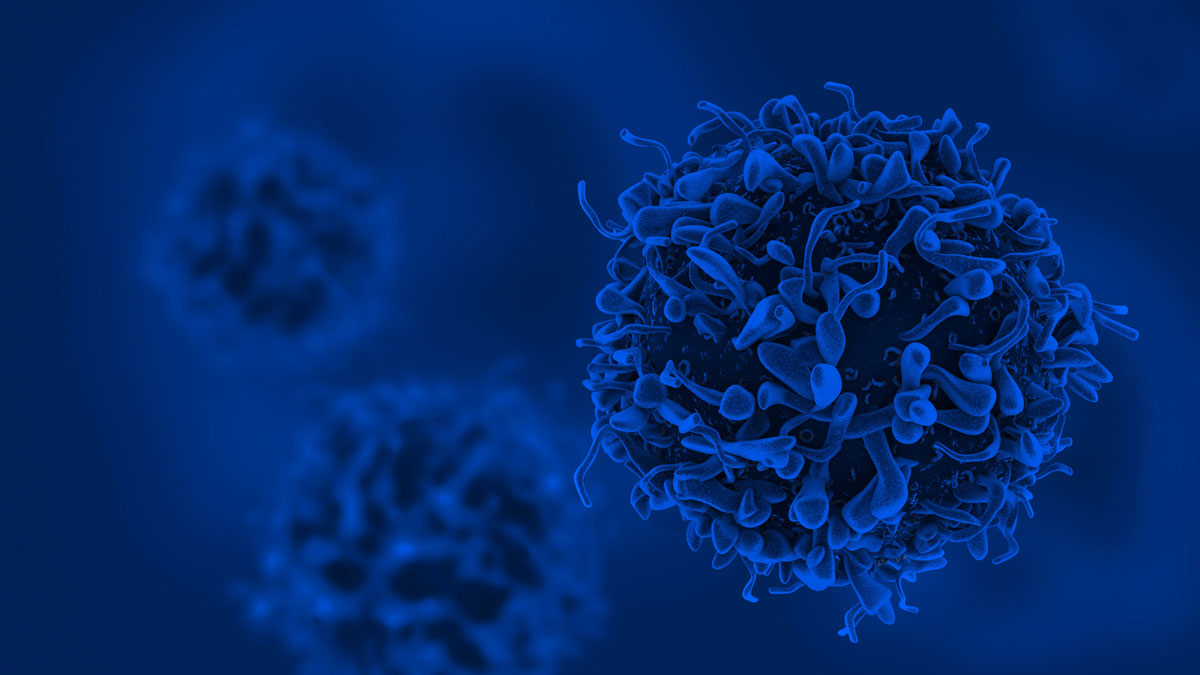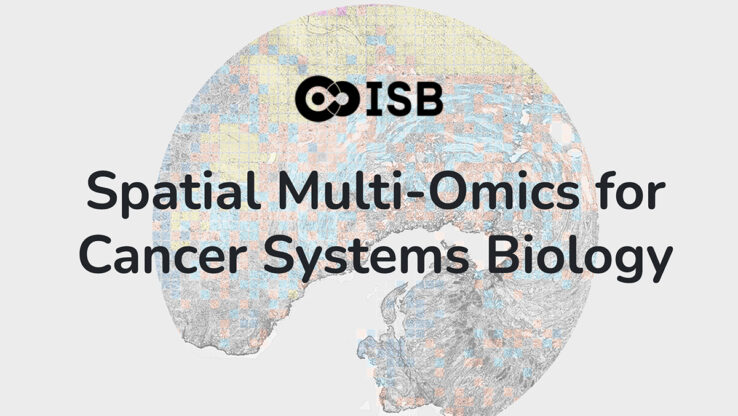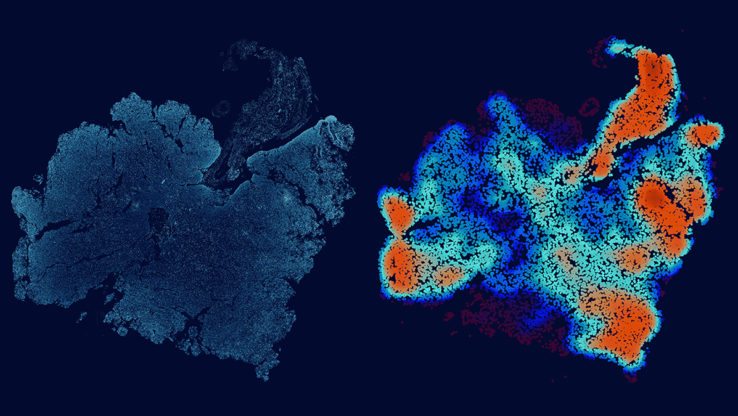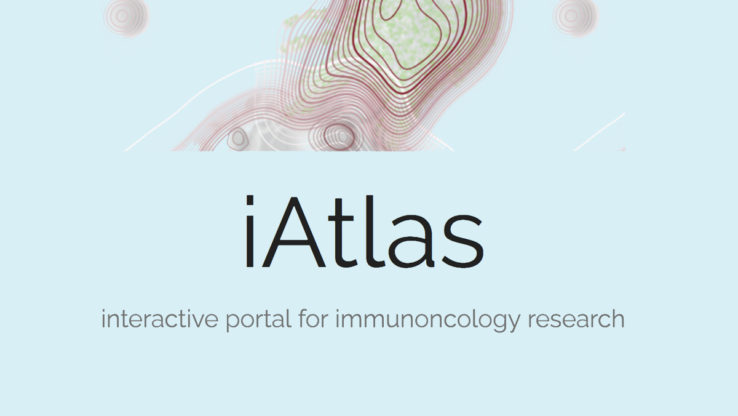We believe the greatest impact in cancer research will come from how cancers are studied vs. which cancers are studied.
Cancer research poses many interconnected complexities related to early detection, stratification and treatment. The cross-disciplinary holistic, integrative nature of systems biology makes ISB researchers well suited to tackle the complexity of these diseases.
ISB’s scientists are focused on a variety of cancer research areas:
Cancer Immunotherapy
Researchers utilize single cell methods, coupled with large scale molecular dynamics calculations to develop a molecular-level understanding of patient responses to engineered T cell and drug-based cancer immunotherapies, and to engineer new therapies for the most challenging patients.
Predicting Cancer Therapy
We are developing single cell proteomics and single cell metabolomics methods that, when combined with kinetic studies and statistical physics models, can yield effective cancer treatment strategies for individual patients, and can unveil mechanisms of drug response and resistance.
Multicellularity
We are seeking to understand the very phenomenon of multicellularity in health and disease because cancer is the price we pay for having evolved a complex multicellular system. The goal is to arrive at a new level of understanding of cancer using the new powerful formal tools of the epigenetic landscape and by considering cell population dynamics.
The Cancer Genome Atlas (TCGA)
TCGA was established to accelerate our understanding of the molecular basis of cancer, ushering in the development of many novel analytical approaches. ISB-led teams have been associated with the TCGA research network for the better part of a decade, developing computational methods that have helped researchers map and analyze cancer on a large scale to gain a deeper understanding of its genetic underpinnings and apply it to diagnostic, treatment and prevention strategies.



 isbscience.org/research/cancers/
isbscience.org/research/cancers/










